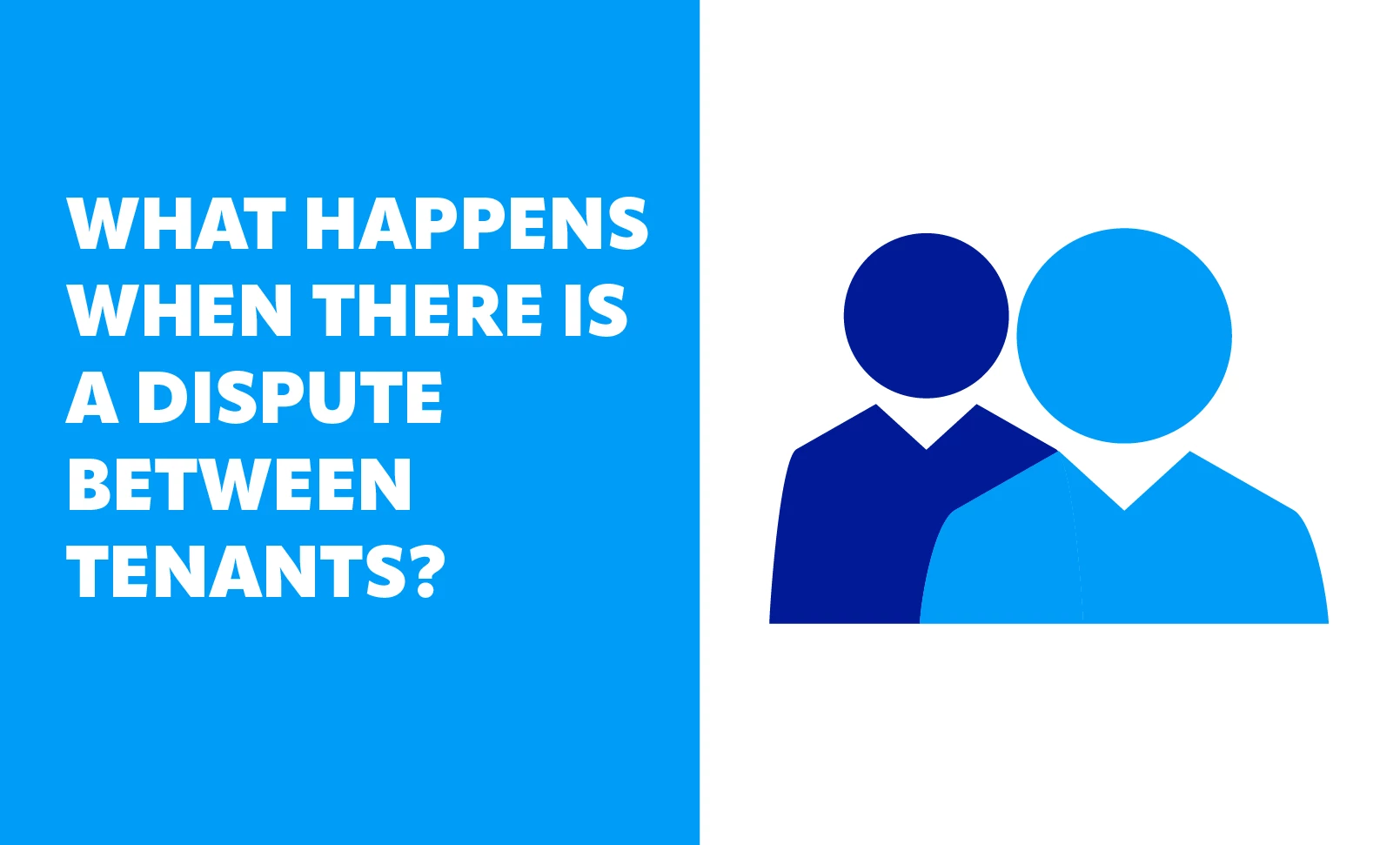5 Dispute Trends from 2022
Earlier this year we hosted an online session about dispute trends noted at SafeDeposits Scotland during 2022. Going beyond the statistics, we provided some helpful advice. Here is a selection of five trends...
Over 30% of cases were solved through self-resolution
Nearly a third of new dispute cases over the course of the past year have been resolved through self-resolution, ruling out the need for more time consuming formal adjudication. The SafeDeposits ADR team are qualified to help all parties negotiate in instances where just an extra bit of conversation is required to reach an agreement.
The benefits of self-resolution are that time is saved and the initially disputed funds can be repaid to the relevant parties more quickly. This also allows all parties to have a say in the matter, rather than passing the case to an adjudicator to decide on how monies are repaid.
People are reaching out to our SDS Resolve service
We introduced our free mediation and conciliation service in 2020 to help support landlords and tenants who may have been experiencing rent arrears issues as a result of financial difficulties presented by the COVID-19 lockdowns.
Lockdowns might have become a thing of the past, but financial challenges unfortunately have not, therefore SDS Resolve and its expanded remit - which now includes mid-tenancy disputes relating to matters such as property standards, repairs and entry rights as well as rent arrears - remains available to support parties in peacefully resolving issues and sustaining tenancies. Read more about SDS Resolve at www.sdsresolve.com
Cleaning remained the most common type of deposit claim made...
Statistics published at the end of the financial year 2021-22 showed that cleaning retained its position as the issue which is most frequently the cause for deduction claims being made against tenancy deposits. 71% of all disputes handled by SafeDeposits Scotland in 2021-22 related to cleaning, and for the remainder of 2022 cleaning continued to retain that "top spot".
That cleaning is the most common source of disputes is not a surprise - one person's definition of clean can vary to the next person's, which is why we encourage landlords to be clear in tenancy agreements about their expectations. If they expect the property to be cleaned to a professional standard at the end of the tenancy, they should state this in writing. Tenants meanwhile should be careful not to avoid missing areas when cleaning - the kitchen worktops may be sparkling, but is the inside of the oven caked in grease?
...and gardening remained the least common
Gardening claims once again featured in the fewest disputes, being part of 8% of all all claims made in 2021-22. This pattern is on track to be repeated for 2022-23.
Gardening claims are perhaps the minority as, unlike all other heads of claim, this is not a dispute that has the potential to take place in every tenancy - not all properties have gardens.
Although these claims are small in quantity, they can be a big issue for those involved with an average claim value of £161. As with cleaning, it is important to set out expectations and - where appropriate - instructions in relation to gardening. Will a gardener be employed and if not, will the tenant be provided with the necessary equipment? And always remember, if the tenant moves out during a January snowstorm they will not be able to return the garden in the full blossom it was in when they entered the property in July. The latter point is not to say that the tenant should not take as reasonable steps as are possible to return the garden in a respectable condition.
The majority of dispute awards were split between parties
SafeDeposits Scotland and its independent adjudicators are completely impartial, however we occasionally receive online reviews with the contributor stating that we are biased either in favour of landlords and letting agents or of tenants.
Neither assertion is correct, and this is reflected in the 2021-22 statistics for how adjudicators awarded. 17% of decisions saw the full award go to the landlord or agent in a dispute, and 19% had the tenant receive the full award. The remainder - and significant majority - of decisions, saw the disputed amount split between parties.



